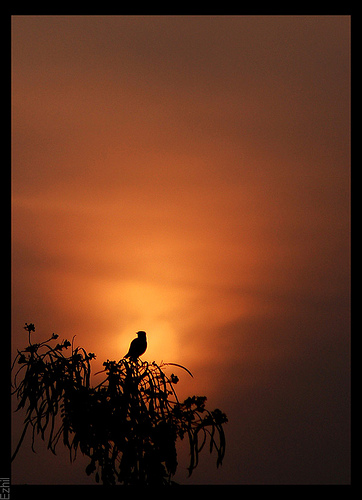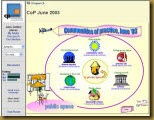
In the same way that it can be a humbling experience to
offer peer review, it can be downright distressing to receive it!
I have noticed 2 tendencies, now that I received my Lancaster paper back for its first revision. The first is–the reviewers missed my point; how can they say that?! The second is–ok, perhaps they did identify some areas for improvement, let me edit everything to meet their expectations. Both tendencies seem problematic to me.
It is easier to be defensive and push back than to acknowledge that perhaps they did notice some things I said or did that I did not realize. It is often so beneficial to get the feedback from others who have not lived and breathed the research in the same way. This is very challenging, for in some ways pointing out that the emperor has no clothes (or that they clash, are threadbare, are not stylish, or don’t fit) demonstrates we (me?) am not as clear and to the point as I like to think I (we) am.
Once getting over the “Oh, god!” from above, I have noticed that my second tendency is to want to make changes to everything to fit the review. That is also very problematic, as I have suffered and worked extra hard before because there have been hostile reviewers have been difficult for no reason, while others have come from a different paradigm, wanted to be difficult, demonstrate a power imbalance, remake me in their image, not know enough about the topic or method to be credible, or even say something needs work for its own sake. There is some of the feedback that I do think may be a bit off, so when the revision gets submitted next week, we also need to track how we responded to and addressed each piece of feedback.
Fix what needs to be fixed, and explain why some things are better left alone.
As I will continue to process this, one thing is for sure–I have a lot of work to do this weekend (it is due next week!).



